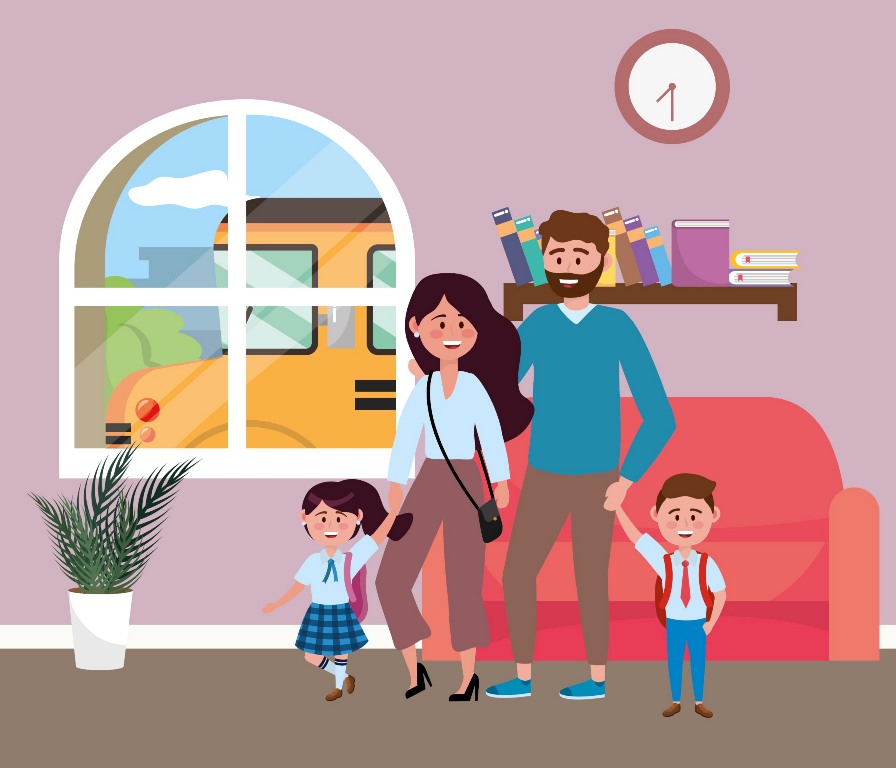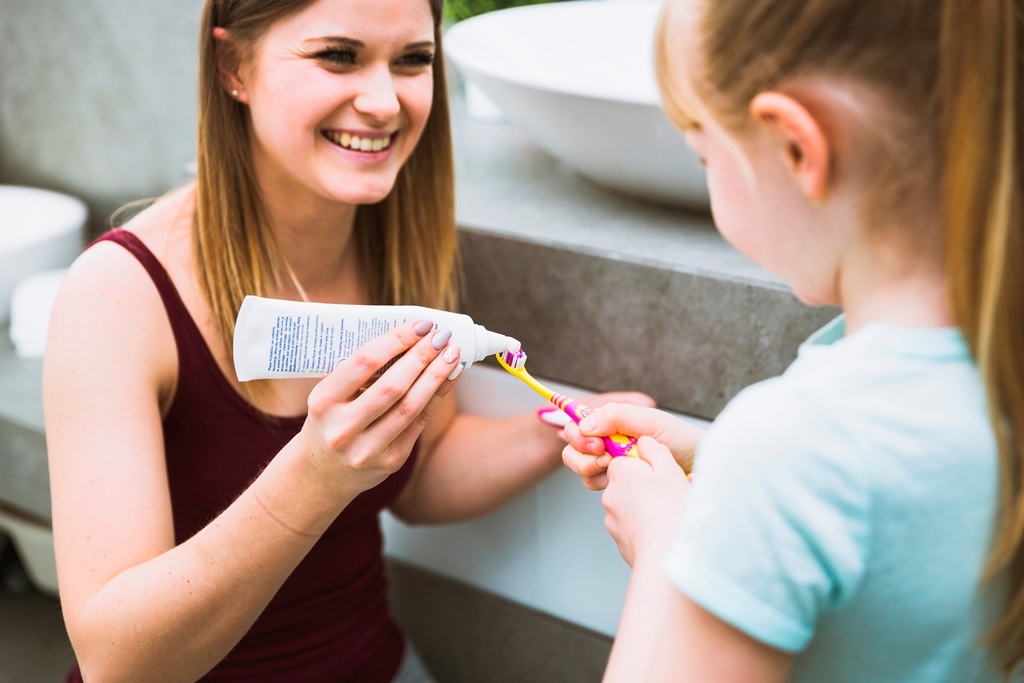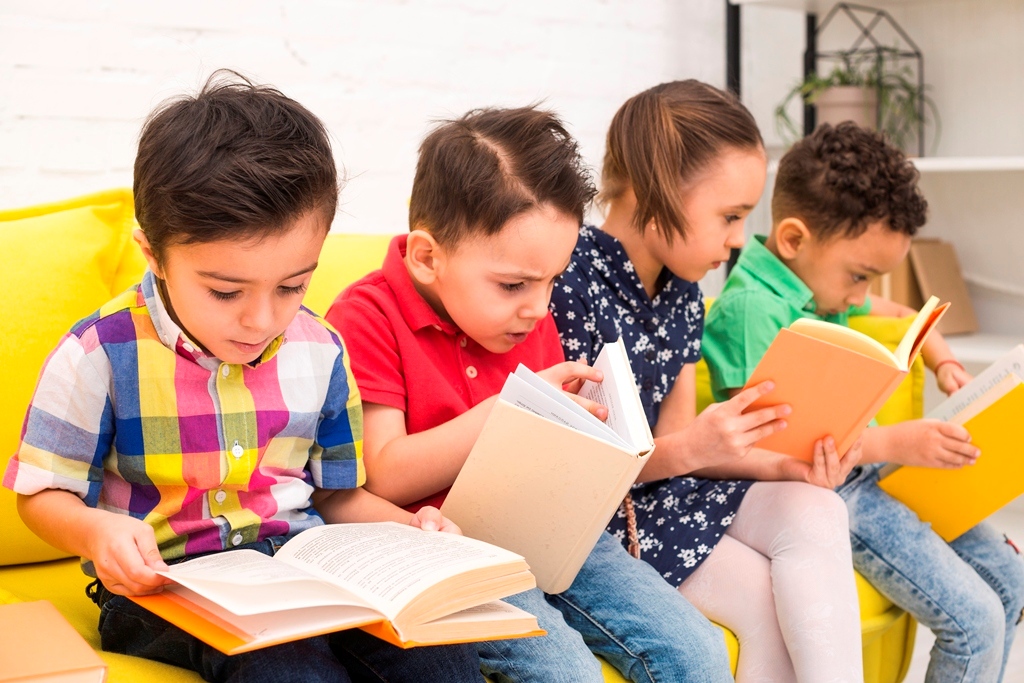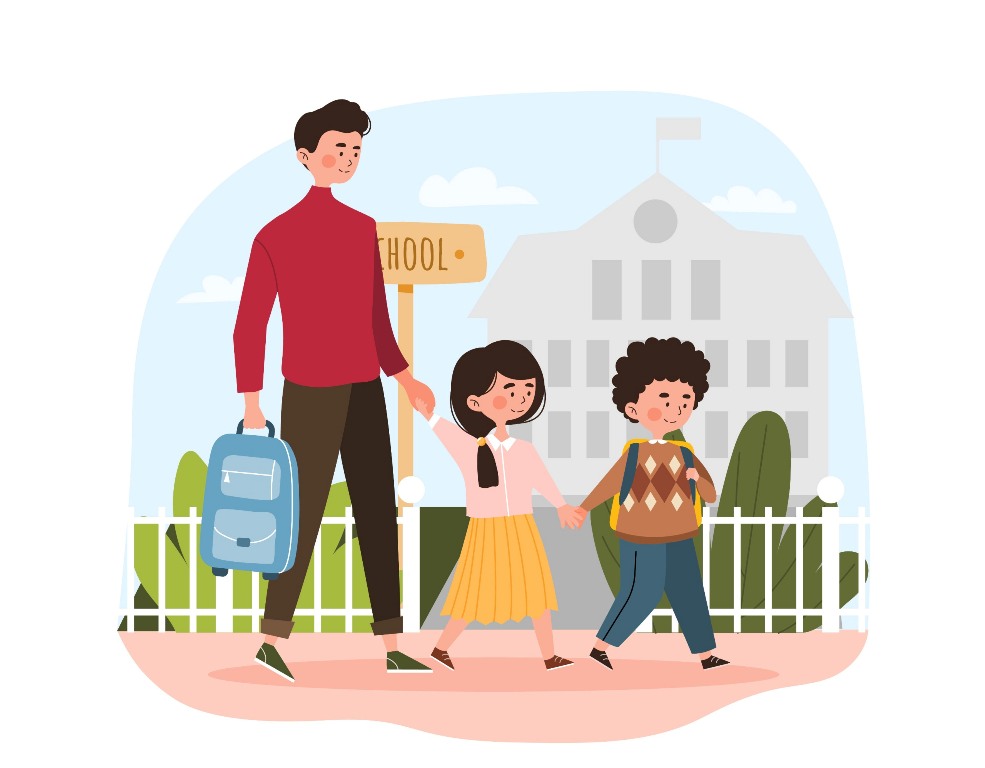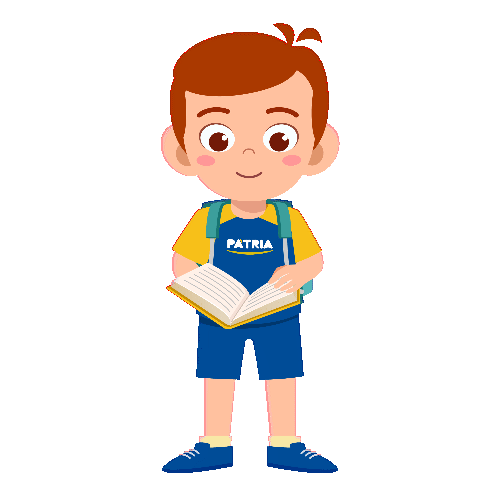If you’ve ever witnessed a kid focused on building a block tower, pretending to cook food, or making up the rules of an imaginary game, you haven’t just watched them playing, you’ve seen learning in its purest form. This is the essence of play-based learning, as it is a way of teaching that uses the natural joy of play to help children discover, understand, and grow.
What Is Play-Based Learning?
Play-based learning is an approach where play isn’t a “break” from lessons, it is the lesson. Under this method, children learn to explore, build, and experiment, with teachers guiding the process subtly. Rather than rote memorization and repetitive worksheets, children learn through doing activities in a much more natural and engaging way.
For example, a child playing “Beach Party” may be learning to count the number of shells collected, learning not to litter, working in a team by building sand castles, all without a formal lesson. The fun is the hook, and the learning happens naturally. The goal of this learning process is not to control each step of children but to develop an environment where they can learn while having fun.
Why Play Matters in Early Childhood
The early years are a child’s most critical stage of development. Brains grow rapidly, curiosity is at its peak, and every experience leaves a deep imprint. Play-based learning in the start of childhood education nurtures the growth of kids in ways that traditional, rigid learning often couldn't deliver. Through play based learning, children get to understand:
Social Development – Through games and group activities, children learn how to cooperate, take turns, listen to others, and resolve conflicts. These are skills they will use in school, workplaces, and relationships later in life.
Problem-Solving Skills – When a block tower topples or a puzzle piece doesn’t fit, children adapt and try new strategies with trial and error. They learn persistence and resilience in the process and think critically to figure out what works and what doesn’t.
Creativity and Imagination – When kids play it allows them to be ready for different roles and explore possibilities beyond reality. This creative thinking later translates into innovative ideas in academics and beyond.
Building Self-Confidence – Every time a child completes a challenge like finishing a Lego model or making up a story, their self-esteem grows. Learning to choose their path, make mistakes, and try again teaches resilience, which is an essential life skill.
Enhancing Communication Skills – Talking to peers during play, narrating stories or explaining ideas during circle time strengthens vocabulary, sentence formation, and active listening, which are all essential for strong language development.
Examples of Play Based Learning in Action
At times, the most basic activities have the greatest impact in real life. Some play based learning activities below might seem rudimentary, yet enable children to relate theory to real-life experience:
Market Day Role Play – Kids establish stalls, label things, and act as shopkeepers, customers, and cashiers. While they think they are playing shop, they are learning math by counting money, practising polite conversation, and understanding concepts like value and trade.
Nature Treasure Hunt – When kids explore outdoor spaces, collecting leaves, flowers, and stones, they learn about nature, shapes, colours, and textures. This activity develops observational skills, teaches them about the environment, and sparks curiosity.
Construction Challenges – Giving children blocks, cardboard, and art materials to design streets, buildings, and parks teaches them planning, spatial awareness, and teamwork. When they are asked to create a bridge strong enough to hold a toy car, they even learn basic engineering concepts.
How Teachers Guide Meaningful Play
Educators don’t just leave children to play without guidance. They design activities for play-based learning that are both engaging and educational. For example:
Sensory stations with sand, water, and clay enhance fine motor skills and sensory awareness.
Art and craft projects encourage self-expression and creativity.
Outdoor play challenges like obstacle courses build physical coordination and confidence.
Group storytelling improves language skills and listening abilities.
Teachers observe children during these activities for play-based learning, offering prompts or challenges to keep them thinking, exploring, and problem-solving without taking away their freedom.
Long-Term Advantages That Extend Beyond School
Play-based early childhood education does not merely prepare young children for the following class; it prepares them for life. Through play, children become capable of:
Working in groups and valuing differences of opinion.
Adjusting to change and making quick decisions.
Speaking out with clarity and confidence.
Wanting to solve problems creatively, not fear them.
These skills assist them in succeeding not only in academics but also in their careers, relationships, and various challenges of life.
The Takeaway for Parents
If you've ever wondered whether play truly impacts learning, then always remember: the most significant lessons tend to occur when kids are enjoying themselves. Play-based learning isn't a diversion from academics; rather, it is the key to meaningful, long-term learning. It engages spontaneous joy, guaranteeing that learning isn't just effective but also incredibly enjoyable.
At Blue Bells Preparatory School, play is not a pause in learning; it is learning. Each game, each tale, each imagination challenge is precisely designed to enable children to develop into self-assured, inquiring, and competent individuals.

